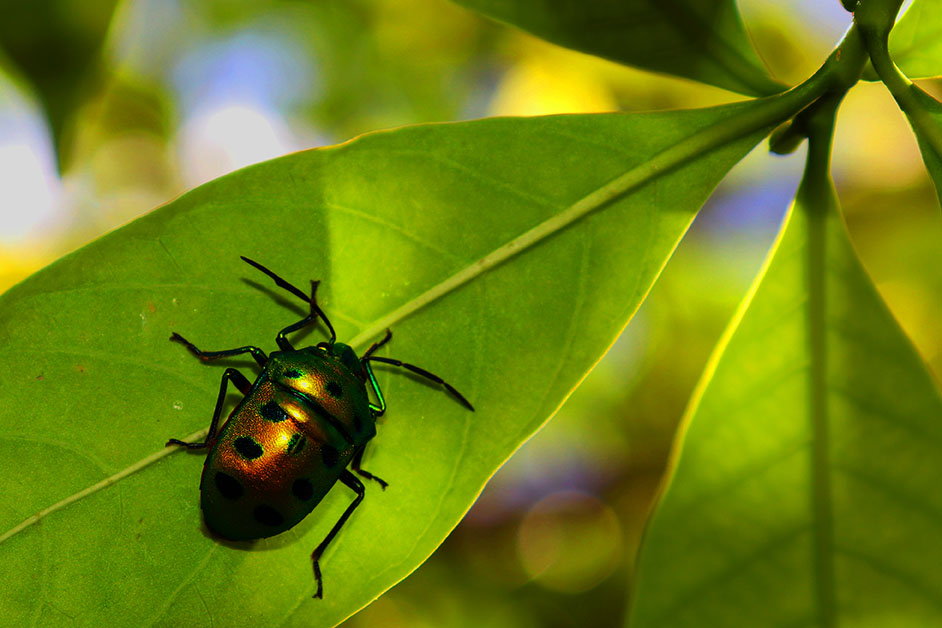

An organism is a living thing. It can be big or small, furry or smooth, but it has all the same basic parts. These parts are cells, tissues, organs, and organ systems.
Cells are the smallest parts of an organism. They are like the building blocks of life. Tissues are groups of cells that work together. Organs are made up of tissues. They have a special job to do in the body. For example, the heart is an organ that pumps blood. The lungs are organs that help us breathe.
Organ systems are groups of organs that work together to do a big job. For example, the circulatory system is made up of the heart, blood vessels, and blood. It helps to transport oxygen and nutrients around the body.
All organisms are made up of cells.

Noun: A living thing that is made up of cells and that can reproduce.
Adjective: Relating to or characteristic of organisms.
The word "organism" comes from the Greek word "organon", which means "tool" or "instrument". It was first used in English in the 17th century.
The word "organism" originally referred to a living thing that is made up of different parts that work together. However, it has since come to be used to refer to any system that is made up of different parts that work together, such as a machine or a society.
What is an organism?